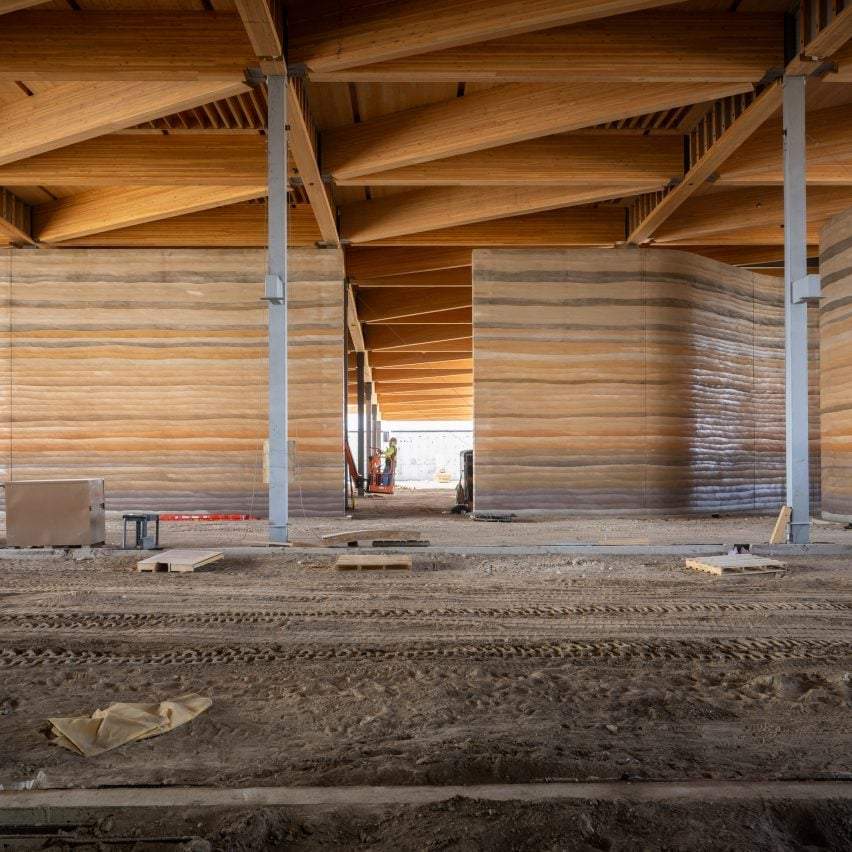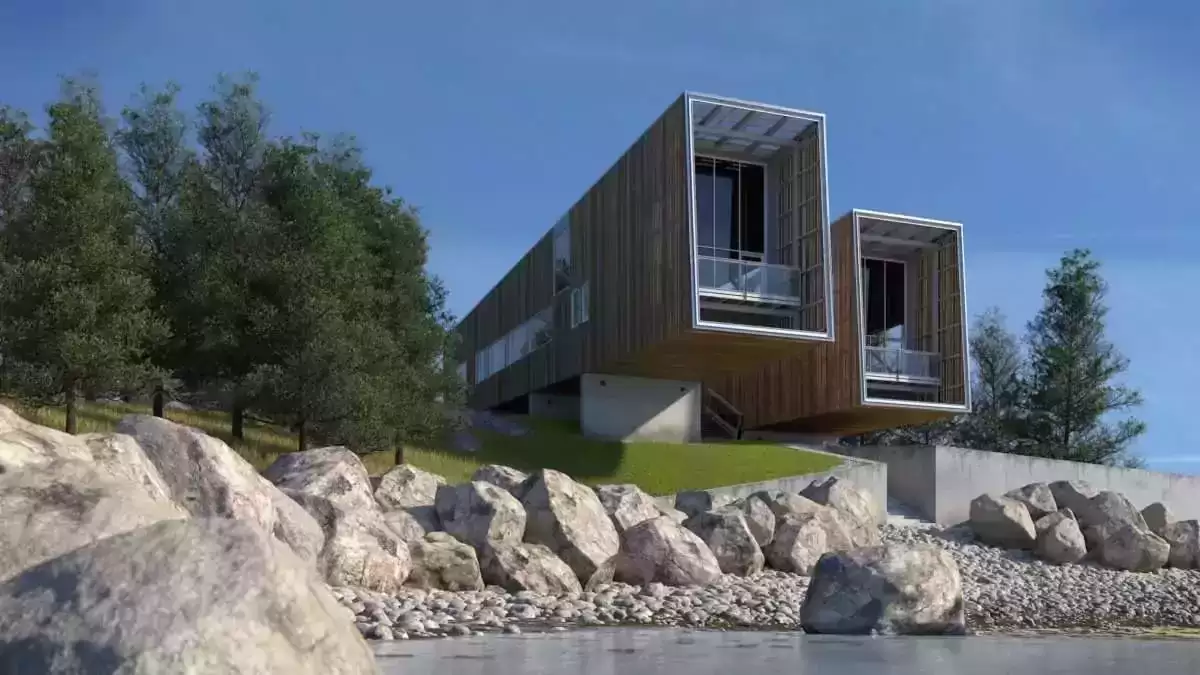Tariffs Threaten the Future of Sustainable Construction and Affordable Housing in the United States
Political Uncertainty and Its Impact on Sustainable Construction in the United States
Low-carbon construction projects and affordable housing in the United States are facing increasing challenges due to uncertainty surrounding tariff policies, particularly those imposed by the administration of former President Donald Trump. Markets experienced turmoil following the announcement of high import tariffs on a wide range of goods, only for their implementation to be temporarily suspended for 90 days — further adding ambiguity about future directions.
Import Tariffs: A Disruptive Factor for the Construction Sector
The sudden announcement of tariffs, followed by their suspension, created an unstable environment in the construction sector. It remains unclear whether these policies are temporary or will be adopted in the long term. This hesitation is raising concerns among many institutions, including the American Institute of Architects (AIA), which fears the impact of such policies on the trajectory of sustainable urban development.
Direct Impact on Construction Costs
Kermit Baker, an economist at the AIA, believes these threats are already causing a notable increase in the prices of essential construction materials. He asserts that this is “often the result of merely threatening future tariffs, without the need to actually implement them.”
Decline in Investment in Sustainable Construction
From an academic perspective, Professor Bing Wang of the Harvard Graduate School of Design notes that this market disruption may discourage developers from investing in sustainable construction projects. She explains that “green building” typically involves high upfront costs, and as overall construction costs rise, investors become more cautious about taking on additional financial burdens.
Fear That Pressure Will Lead to Short-Term Decisions
Architect Claire Weisz, founding partner of a New York-based architecture studio, emphasized that this climate of uncertainty affects decision-making processes, stating:
“Uncertainty can make us short-sighted, especially when there’s pressure on the supply chain.”
Dependence on Imports Complicates the Sustainable Construction Landscape
The United States heavily relies on imports for many essential products in the field of sustainable construction, with a significant portion coming from countries like Germany. The imposition of tariffs has disrupted this reliance, particularly after President Trump announced a 20% tariff on European Union imports.
Germany Fears a Sharp Decline in Exports
German Finance Minister Jörg Kukies warned that his country’s exports to the United States could drop by as much as 15% due to these policies. Although the tariffs were temporarily reduced to 10% during a 90-day suspension period, the uncertainty remains.
Solar Energy Among the Most Affected Sectors
Solar technology has come under direct pressure from tariff policies, especially considering that most solar panels imported into the U.S. originate from Asian countries such as Malaysia, Vietnam, and Thailand. These imports have been significantly impacted since July, following the imposition of steep tariffs on these vital products for the clean energy transition.
Mass Timber Construction at Risk of Slowing Down
Mass timber construction—a low-carbon alternative to concrete—is an emerging field but is under threat due to current trade policies. While it accounts for less than 1% of the construction sector in the U.S., its rapid growth is jeopardized by heavy dependence on imported wood from Canada.
Although the Trump administration granted temporary exemptions on Canadian lumber when imposing tariffs on North American countries, recent statements suggest the possibility of reinstating these tariffs in September.
Tariffs on Metals Threaten Affordable Housing
Meanwhile, the 25% tariffs on aluminum and steel imports from Canada and Mexico have already begun to affect the affordable housing market. As the cost of essential materials continues to rise, the pace of building homes for low-income populations may slow down.
Warnings of a Worsening Housing Crisis
Professor Wang warns that “the housing supply problem will worsen,” a concern echoed by nonprofit housing organizations in states such as Oklahoma and Nashville, which have already begun to feel the impact on their ability to provide new housing units.






